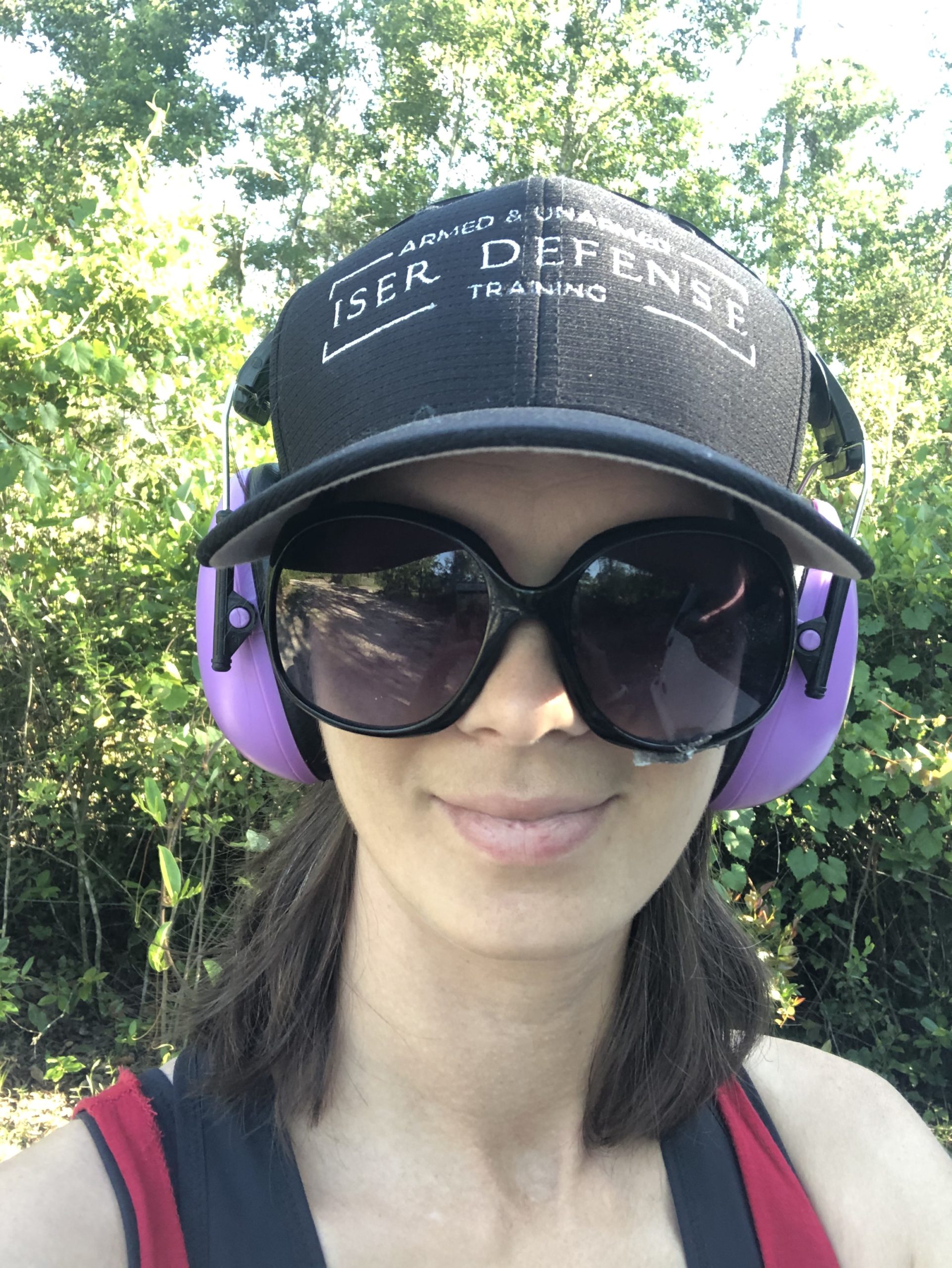Most of the time, we would rather not think about a crisis until it is presently happening to us. A lot of people purposefully avoid mental preparation. This forces them into a reactive state of mind where they are the least efficient at solving problems, and they are the most vulnerable. This is because their reaction is always going to be slower than the original action.
The mind is a powerful tool. A positive, confident mindset is irreplaceable! Have you ever thought about how you would react to different confrontations that you might face? Mental preparation for these confrontations is your greatest advantage for personal safety and for knowing how you will respond to a dangerous situation before it occurs.
Think about and write down different, possible confrontation scenarios that you could encounter during your daily routine, or even a confrontation that you have encountered in the past (carjacking, mugging, burglary, etc.).
Would/did you:
- Comply with the criminal and be passive
- Try to call attention by yelling or blowing a whistle
- Try to fight
- Run away
- Freeze
During a confrontation, no matter how hard you have trained, no matter how badass you think you are, your adrenaline will be pumping, your heart will be in your throat, and you will be scared. All of these reactions will cause your abilities and your training to be cut in half immediately! This is definitely not the time for you to figure out how you want to respond to a confrontation, and if this isn’t something you have worked out for yourself previously, you will probably freeze. This is the importance of metal preparation.
The freeze reaction is the most common response to a threat. This endangers you even further. However, by mentally walking through each scenario, you are conditioning your mind to react appropriately to each situation. The mental preparation you practice will determine your automatic fight, flight, or freeze reaction, and will also help prevent freezing or hesitations. Act out different scenarios that you might find yourself in, and maybe even some that might seem unlikely to you, i.e. you are being mugged, or you are being carjacked at a red light. Now, act out your plan for handling each of these scenarios.
Doing this will help with muscle memory retention (remember, your brain is just a huge muscle!). Practice situations such as fire drills, drawing your firearm from concealment, or home evacuations due to hurricanes, wildfires, housefires, or whatever the case may be. What if you returned to your home or your car to find that it had been burglarized? You were not physically involved, but you will still feel mentally victimized, even more so if you have no mental preparation for such an event to occur.
Being aware of the psychology, and the behavior of criminal predators is another form of mental preparation for an encounter. Some characteristics associated with criminals include:
- They blend in with everyone else, and they usually appear innocent and non-threatening.
- They are manipulative.
- They are usually over-confident.
- They are demeaning toward their victims; this is a way to boost their own self-worth.
- They tend to view niceness as weakness.
- They are usually charming, articulate, and intelligent.
Predators frequently have a nearly delusional belief in their own cleverness and in their ability to escape detection. Remember Ted Bundy? If not, do a little research. He was an American, serial killer that pretended to be disabled as a tactic to lure, kidnap, rape, and murder countless women.
The idea of mental preparation is to make yourself less of a target by being aware of what is going on around you. By knowing ahead of time how you plan to react to different situations, you will be better prepared to maintain your personal space and your comfort zone by setting boundaries and limits for others.
What about some of the ramifications of your decided actions?
- If you are passive and comply with your assailant, will you regret it? Will complying put you in even more danger?
- If you fight back, will your actions be justified, or did you have other options?
- Will your decision expose you to the possibility of a civil lawsuit against you, and/or criminal prosecution, even if your self-defense was 100% within the law?
All actions have consequences, but something to take into consideration is life over liability.


